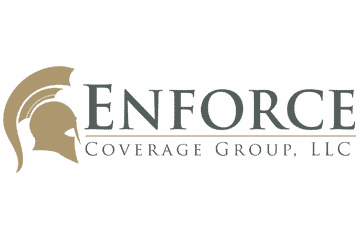CVSA Roadcheck to Take Place June 4-6
The Commercial Vehicle Safety Alliance’s (CVSA) annual International Roadcheck will run June 4-6, 2019. During the International Roadcheck, inspectors will conduct the North American Standard Level I Inspection, a 37-step procedure that includes an examination of driver operating requirements and vehicle mechanical fitness. This year’s blitz will place a special emphasis on steering and suspension systems.
Over the 72-hour blitz period, commercial motor vehicle inspectors in jurisdictions throughout North America will conduct assessments of commercial motor vehicles and drivers. Drivers are required to provide their license, Medical Examiner’s Certificate and Skill Performance Evaluation Certificate (if applicable), record of duty status and vehicle inspection reports (if applicable).
If no critical inspection item violations are found during the inspection, a CVSA decal will be applied to the vehicle, indicating that the vehicle successfully passed a decal-eligible inspection conducted by a CVSA-certified inspector.
If an inspector identifies any violations, they may render the driver or vehicle out of service. This means that the driver cannot operate the vehicle until the violations are corrected. To read the official release from the CVSA about this year’s road check, click here.
Trucking Insurance: Preventative Maintenance Tips for Drivers
In order to preserve the safety and longevity of a fleet, regular maintenance and inspections are critical. Drivers play a key role in these practices, and their efforts help minimize service interruptions, manage costs for employers and, above all, ensure vehicles are safe for the road. While specific procedures are often part of a larger preventive maintenance program, there are several responsibilities all drivers have when it comes to avoiding costly vehicle breakdowns.
Before and after every trip, drivers should do the following:
- Check all lights and signals, including taillights, headlights, brake lights, high beams, and turn signals. Ensure tires are in good condition. Be sure to check the tire pressure and tread levels.
- Review fluid levels, verifying that engine oil, coolant, transmission, brake, and power steering fluids are at appropriate levels. When it comes to changing fluids, follow manufacturer-provided suggestions.
- Inspect brakes to ensure they are functioning properly. When checking your brakes, listen closely for any grinding noises, as this could indicate a more serious issue.
- Clean the exterior of your truck. This can prevent dirt and debris buildup, which can deteriorate a truck’s paint job or undercarriage over time.
- Test the battery. Examine all belts and hoses in the engine bay. These hoses help direct coolant flow and prevent engines from overheating.
Regular maintenance and inspections can go a long way toward identifying potential issues. Consider establishing a preventive maintenance program for continued fleet safety.
Get a free quote for NYC trucking insurance by calling Enforce Coverage Group at (212) 947-4298 today!
Source: Zywave, Inc.
The post Trucking Insurance NYC Risk Advisor: CVSA Roadcheck in June appeared first on Enforce Coverage Group.
